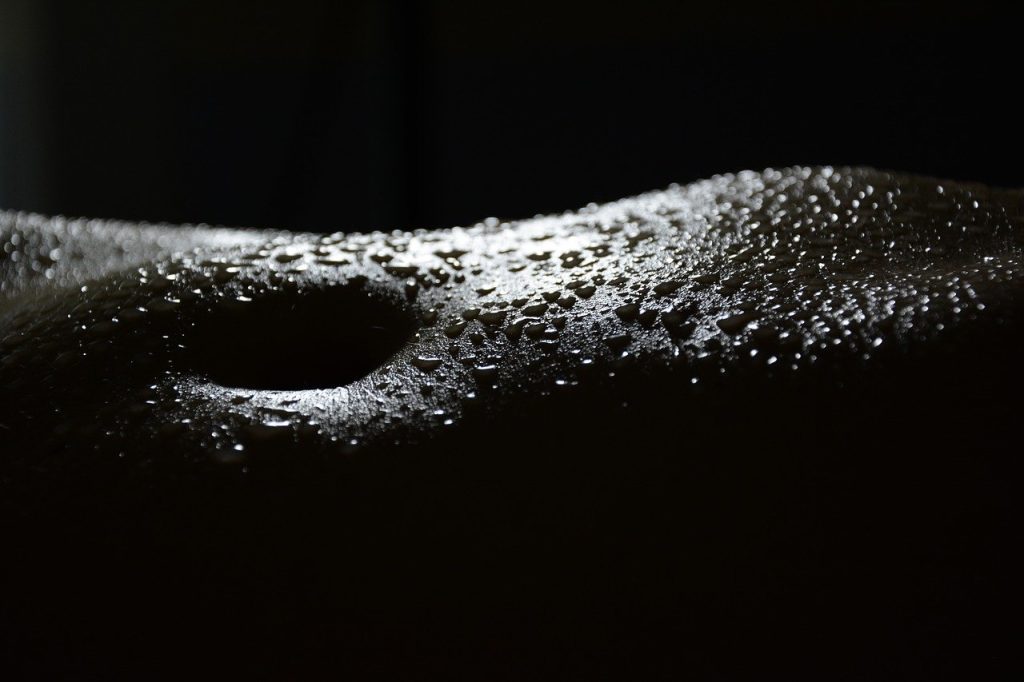Sleep deprivation is a chronic sleep disorder that can lead to serious health problems. The National Sleep Foundation says that at least 70 million Americans suffer from some form of sleep deprivation. Find out the effects of sleep deprivation and how to rid of it.
Causes of Sleep Deprivation
One cause is stress, where you are feeling anxious or worried about things that happen to you. Another cause is depression, where you are feeling sad or hopeless about your life.
A third cause is insomnia, where it is difficult for you to sleep because of different reasons like not being able to get comfortable enough in bed. The last one is shift work disorder where there are disruptions in your sleeping pattern because of working irregular hours or rotating shifts.
The Negative Health Effects of Sleep Deprivation
Studies have shown that sleep deprivation not only increases the risk for obesity, diabetes, heart disease, and depression but also affects brain function.
It can lead to decreased productivity in school or at work, irritability and mood swings, difficulty getting along with others, and poor judgment. Sleep deprivation also has consequences for health care providers.
For example, nurses who work long shifts may be more prone to injuries due to fatigue. Short-term memory might be impaired by lack of sleep too, which means that doctors might make more mistakes when diagnosing patients.
It has been estimated that 50-70 million Americans suffer from chronic sleep deprivation. Lack of sleep can have a lot of bad effects on health.
How Lack of Sleep Affects Mental Health and Moods
A lack of sleep can affect mental health and mood. Not getting enough sleep can lead to changes in hormone levels, which in turn affects mood. Sleep deprivation can also cause fatigue, which is a major factor for depression.
Lack of sleep also affects our brain. There are studies that are showing how people are less able to make decisions when they are tired because their brain is not functioning properly. This causes them to make more impulsive decisions and they might do things that they usually wouldn’t do had they slept well prior to the event.
How Much Sleep You Should Need for Optimal Health?
It’s no secret that sleep is essential for health and wellbeing. From the moment we wake up, our body needs time to process everything that happened during the day. It’s not just about resting our muscles, but also about replenishing ourselves mentally and emotionally.
The National Sleep Foundation recommends 7-9 hours of sleep per night, depending on age. This is because it takes two hours for our body to enter deep sleep mode. When we are deprived of this deep sleep, the quality of restful sleep deteriorates which leads to less energy throughout the day.
How to Get Rid of Sleep Deprivation
Sleep deprivation is a huge problem in our modern world. It’s the cause of many diseases and illnesses such as diabetes, high blood pressure, depression, and obesity. There are many ways to get rid of sleep deprivation, but the most common one is by using melatonin supplements.
They are made from melatonin-producing mushrooms so they are natural and very safe for our bodies. They also have no noticeable side effects which people usually suffer from when taking sleeping pills or medication to help them sleep better.
The pill has been on the market for over 20 years now, but its popularity has skyrocketed in recent years because it’s not just a temporary fix – it can actually cure insomnia permanently! It’s also good for people who have trouble falling asleep.
If you have any questions about the article, please feel free to contact us.
















